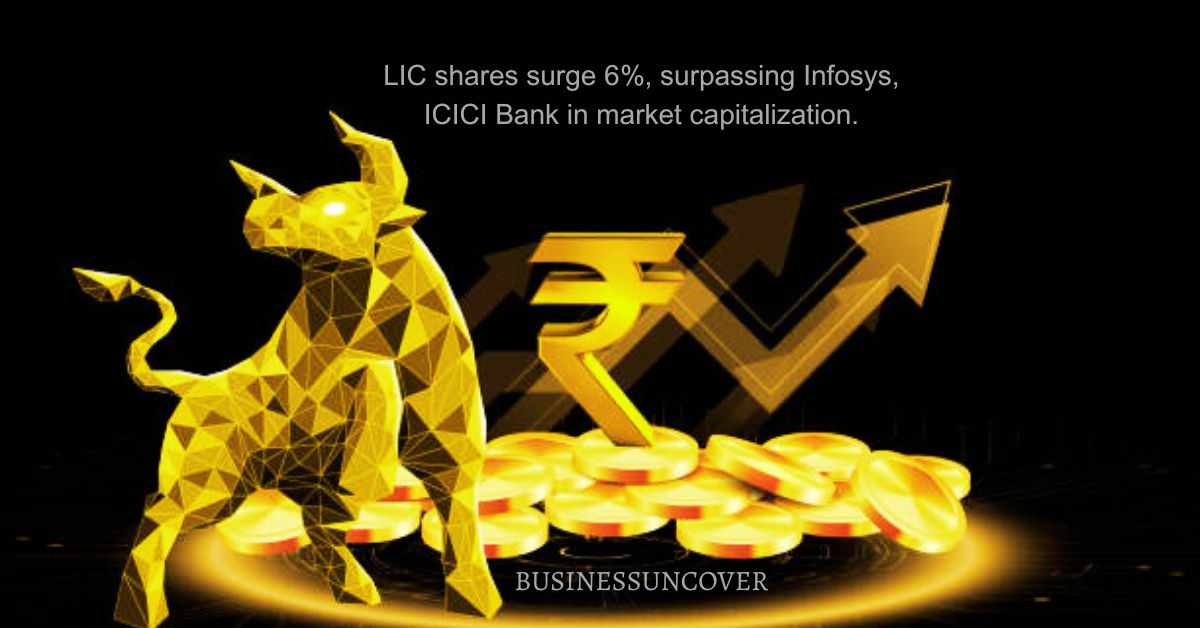Nifty: In Friday’s trading, benchmark stock indices reversed course and fell almost 2% from the day’s peak, confusing investors. The extent of the selloff was so widespread that roughly 201 exchange-listed stocks had reached their respective lower circuits and two out of every three BSE stocks were trading in the red. The decline in the BSE market capitalization suggests that investors lost Rs 2.44 lakh crore. Nifty is below record levels and the Sensex is down 1,200 points
The Sensex dropped 1,201 points, from a peak of 75,095.18 to a low of 73,831.42. Today, Nifty reached a new all-time high of 22,794.70. It was currently trading at 22,493.55, down 0.68 percent. The decline occurred despite recent strong corporate earnings and robust GDP growth statistics. Positive developments included the dollar index dropping to 105.30, the US 10-year bond yield correcting to 4.5 percent, and the price of Brent crude dropping to $84 per barrel.
A few investors were reminded of the proverb “Sell in May and go away” as a result. Do stockholders need to liquidate their holdings?
According to VK Vijayakumar, Chief Investment Strategist at Geojit Financial Services, the adage “sell in May and go away” is not applicable.
According to Vijayakumar, the market has already priced in the victory of the NDA/BJP in the current general elections, and the result is not expected to have a lasting impact on the market.
He believed that the budget, which the prime minister has already said will be “transformational,” would probably cause the market to move.
Going forward, investors have the option to implement a multi-asset investing plan that includes gold, fixed income, and equities investments. Without a doubt, equity should receive the greatest weight.”
The saying “Sell in May and Go Away” has its roots in the customs of British brokers on the London Stock Exchange, who have traditionally taken long summer vacations, according to Sunil Damania, Chief Investment Officer of MojoPMS. But current market dynamics have made this idea outdated, as trading activity is year-round strong and summertime does not significantly affect volume or liquidity.”
According to Damania, the three months ending in July showed a pattern of positive returns in nine out of ten cases when examining market trends over the previous ten years.
These indicate that investing from April to July usually produces positive returns; the one year when this doesn’t work is 2019, which is an election year. In light of the present electoral climate, profit booking is likely to occur ahead of changes in the market,” he stated.
According to Damani, pricing currently reflects the favorable hopes that the market has for the continuation of the Modi government.
The medium- to long-term view for the equity market is noticeably optimistic, despite the fact that the short-term outlook can seem muted. We continue to be very certain that the Indian equities market is going to rise significantly, maybe by twofold between this election cycle and the next one,” he stated.
Also Read | Bajaj Finance soars more than 7% after the RBI lifts limitations on the Insta EMI Card







